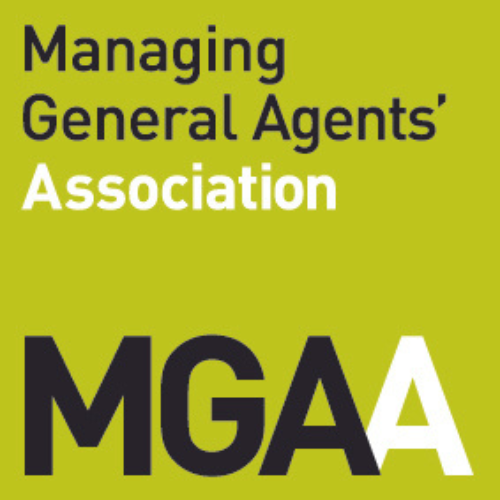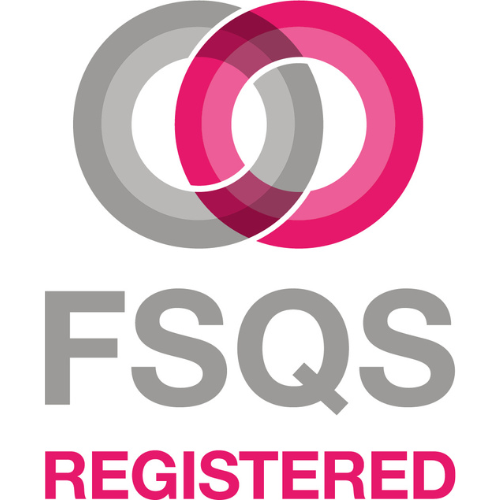Many in recent times had forgotten that Brexit was still a significant issue or perhaps had overlooked it while dealing with more pressured concerns of seeking to ensure their business and staff were surviving.
Last weeks’ announcement by the government and this week’s agreement not to extend the current transition period means that the final exiting arrangements with the EU must be agreed by the end of the year or there will be a hard Brexit. In reality, in order to obtain approval to any deal by the EU and all its Member States and by the UK Parliament, an agreement probably needs to be reached by October. The general view seems to be that the timetable is too short and, despite recent political statements to the contrary, the parties too far apart for an agreement.
Failing any agreement British and EU businesses will face considerable challenges in cross border trading. In the insurance sector most but not all insurers have developed their Brexit strategies and in most cases these have been implemented or will be completed by the end of the year. UK companies have set up EU entities and then arranged for branches of those EU entities to be created in the UK. The branches have applied for and been admitted to the Temporary Permissions Regime (TPR) by the FCA and PRA. EU insurers have also set up branches in the UK and made their application to be admitted to the TPR.
The same is true for many brokers and MGAs, both UK and EU. However, there remain many more brokers and MGAs than insurers who are not as advanced as they need to be and are not near to finalising their post-Brexit arrangements. Time is now very short.
The TPR is a regime set up by the PRA and FCA to reduce the possible disruption for customers and the financial markets from Brexit at a time when Brexit looked as if it was going to be a hard Brexit last year. Firms undertaking cross border business could apply for the protection under TPR which would permit them to continue cross border trading while they resolved how they were going to restructure their operating model and in the longer term continue to serve customers on a cross-border basis. That would require an application for full authorisation by the PRA and/or FCA as appropriate.
Firms applied to be accepted into the TPR and, in the event of Brexit they would be permitted to carry on trading as they had for a period of time after Brexit. It is a one-way street however. It only permits EU firms (including subsidiary or associated companies of UK firms) with EU domiciled risks, to place or underwrite them in the UK market. It does not permit UK firms to cross-border trade in the EU.
The TPR has now been extended so that it will carry on for a period of time after the current transition period expires in December this year.
What is Required?
Firms in the UK which wish to place, service or underwrite, as an insurer, broker or an MGA, EU domiciled insurance business require an EU regulated entity in order to do so. That entity is then required to have a branch in the UK which will be regulated by the appropriate UK regulator(s). It is not possible to set up a branch of the EU entity in the UK until the EU entity has been registered and is a legal entity. Additionally, theoretically it is also not possible to apply to the TPR for that branch until it is trading in the UK on a cross-border basis.
That means that even before a firm can seek the protection of the TPR a firm will need an entity in the EU which has its EU license in one of the Member States and is undertaking cross-border business in the UK. That can take some time to set up.
Once set up the UK branch needs to be established. That takes a little less time.
Only then can that UK branch apply to the PRA and/or the FCA for entry to the TPR. At present the TPR is closed to further applications though it is expected to reopen for a further window later this year. At that point firms must be ready to make their application to the PRA and/or FCA.
What Happens Next?
Admission to the TPR means that when the current transition period expires at the end of December 2020 firms in the TPR will be able to continue to trade as they have been under their cross-border arrangements for the period of the TPR. During this period their application for authorisation is dealt with by the PRA and/or FCA if it has not already been completed.
During this period the TPR imposes requirements on firms designed to ensure that they are fully meeting the relevant regulatory requirements by the time that their application for authorisation has been completed. The following is an outline of what they may be for insurers. The requirements for brokers and MGAs are more simplified given the nature of their regulatory requirements, particularly relating to Capital but what this does evidence is the significant amount of work to be undertaken by firms which are a UK branch of an EU firm:
Required immediately upon entering the TPR
-
- Maintain at a place of business in the UK all records relating to the activities carried on from the branch.
- Maintain a branch Scheme of Operations covering a number of prescribed topics (some are subject to transitional relief, see below).
- Hold on deposit as security in the UK with a CRD credit institution assets of an amount equal to at least one quarter of the absolute floor of the MCR.
- Comply with the applicable Conditions Governing Business rules (some are subject to transitional relief, see below):
- applicable General Governance Requirements (system of governance, written policies, reasonable steps to ensure continuity and regularity in the performance of activities)
- Risk Management
- Internal Control
- Internal Audit
- Actuarial Function
- Outsourcing
- Comply with the Investments rules (some are subject to transitional relief, see below).
- Comply with the Undertakings in Difficulty rules regarding procedures to identify deteriorating financial conditions and notify the PRA.
- Not carry on any commercial business other than insurance business and activities directly arising from that business.
- Maintain adequate worldwide financial resources, to ensure that there is no significant risk that the branch’s liabilities cannot be met as they fall due.
- Notify the PRA if the branch becomes aware (or has information that reasonably suggests) that it has failed to satisfy one or more Threshold Condition, may have done so, or may do so in the foreseeable future.
- Comply with the Senior Managers and Certification requirements that apply to third country branches.
- Have an individual approved by the PRA (or deemed approved by the PRA) to perform the Head of Overseas Branch function (SMF19).
- Allocate the Prescribed Responsibility for “compliance with the UK regulatory system applicable to the firm”.
- Allocate to the holder of SMF19 the Prescribed Responsibility for managing the process of obtaining Part 4A authorisation as a third-country branch.
- Pay FSCS levies in respect of new and existing policies that are protected by the FSCS.
- Comply with rules that would already apply to third country firms even if they did not have a UK branch (including rules in the Fundamental Rules, Auditors, Change in Control, Close Links, Fees, General Provisions, Information Gathering, Interpretation, Notifications and Use of Skilled Persons Parts of the PRA Rulebook).
Required after 3 months
-
- Include in communications with retail clients a specific status disclosure wording indicating the branch is in the TPR regime.
Required after 6 months
-
- Solvency II qualitative reporting – ORSA and RSR reports in respect of branch operations (excluding information related to the branch SCR and branch MCR).
Required after 15 months
-
- Establish adequate branch Technical Provisions.
- Determine and classify branch Own Funds.
- Fulfil the requirements of Notification of Issuance of Own Funds Items.
- Calculate a branch MCR and SCR and cover both with eligible Own Funds.
- Include in the branch Scheme of Operations those aspects relating to branch MCR and branch SCR, branch Technical Provisions and branch Own Funds.
- Hold assets required to cover the branch SCR in the manner required.
- Comply with the aspects of the Conditions Governing Business rules that relate to the branch MCR, branch SCR, branch Technical Provisions or branch Own Funds.
- Comply with the aspects of the Investments rules that relate to the branch MCR, branch SCR, branch Technical Provisions or branch Own Funds.
- Solvency II qualitative reporting information which is related to the branch SCR and branch MCR.
- Solvency II quantitative reporting.
- Comply with the Undertakings in Difficulty rules regarding non-compliance with SCR and submission of a recovery plan, and non-compliance with MCR and submission of a finance scheme.
Our experience so far is that some firms have fallen behind on this timeline. Partially as a consequence of the pandemic but also as a result of the changes in the Brexit timetable resulting in the cycle of firms’ lives have taken attention away from Brexit.
New firms applying to the TPR now are likely to find a truncated timetable given they are expected to be meeting all regulatory expectations by the time that the TPR ceases to exist and they are authorised.
These of course do not apply to those insurers moving to the UK from the EU through Part VII arrangements or a cross-border merger (CBM). Because of the nature of their restructuring they will be fully authorised on completion of the transfer or CBM and will therefore be expected to be fully compliant with the PRA and FCA requirements on day 1.
Summary
Many firms still have a lot to do. There is a need for those firms to be focused on Brexit again. Firms just starting out on this journey, mostly brokers and MGAs, need to move with speed to ensure that they are ready to and can apply for entry to the TPR when the window opens so that they gain the benefit of the TPR after December this year.
At the same time, firms already in the TPR need to be certain that they have completed the work of setting up their operating model and control environment as soon as possible so that they are ready and compliant when the PRA and/or FCA are ready to consider their outstanding application for authorisation.
ICSR is well placed to support firms looking to complete their Brexit preparations. If you would like to discuss how ICSR can assist with this, please contact us in complete confidence.










